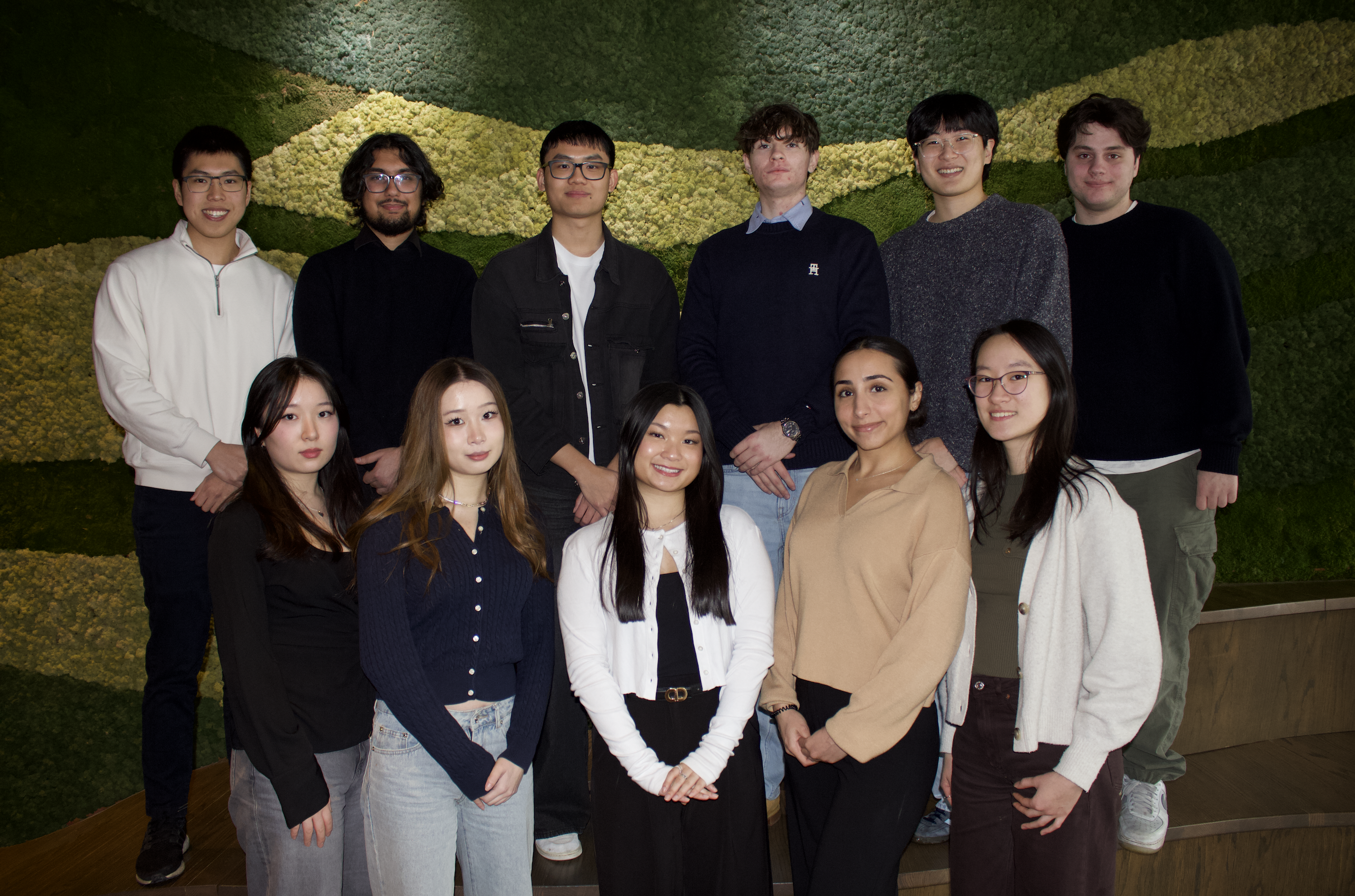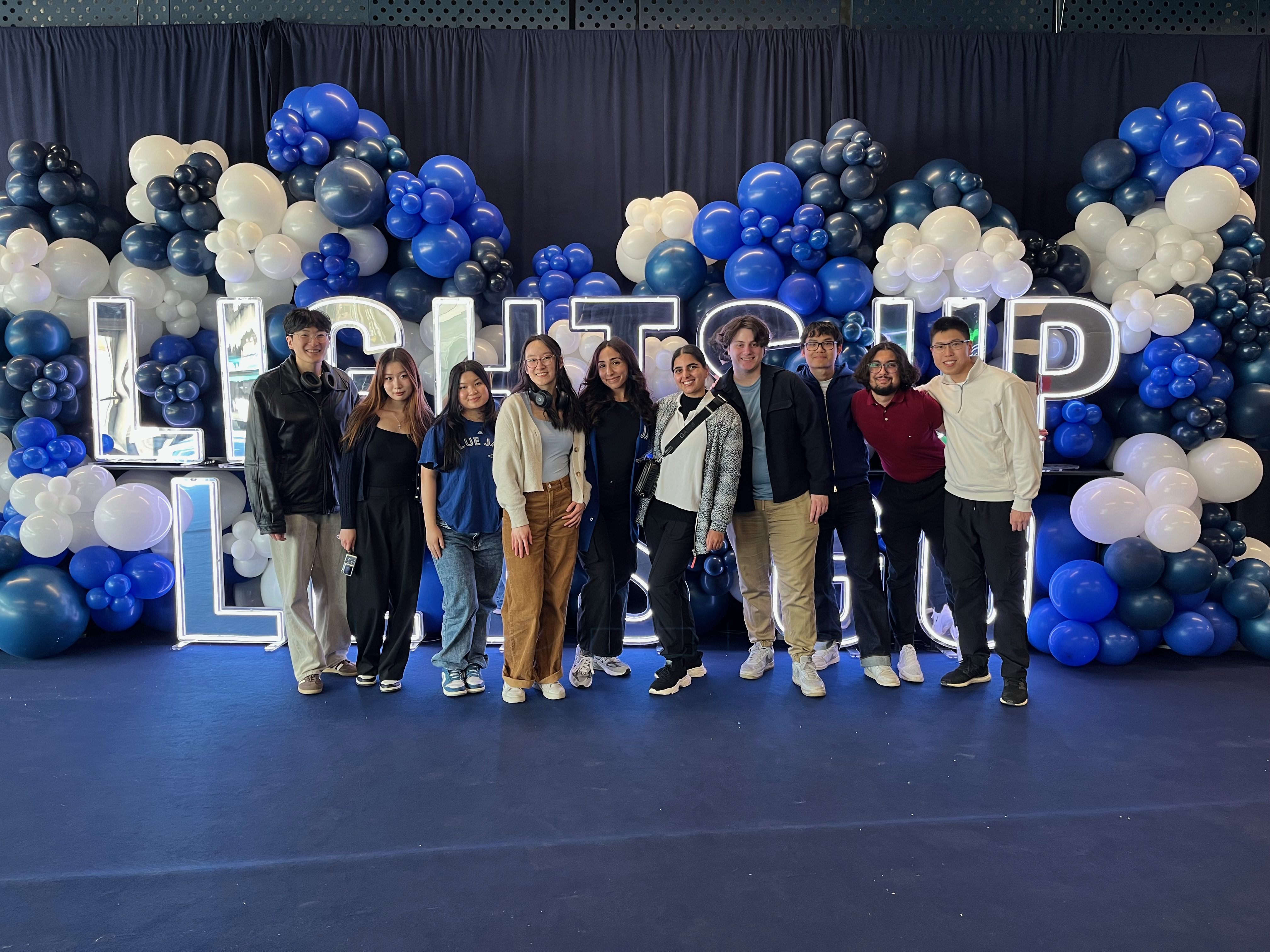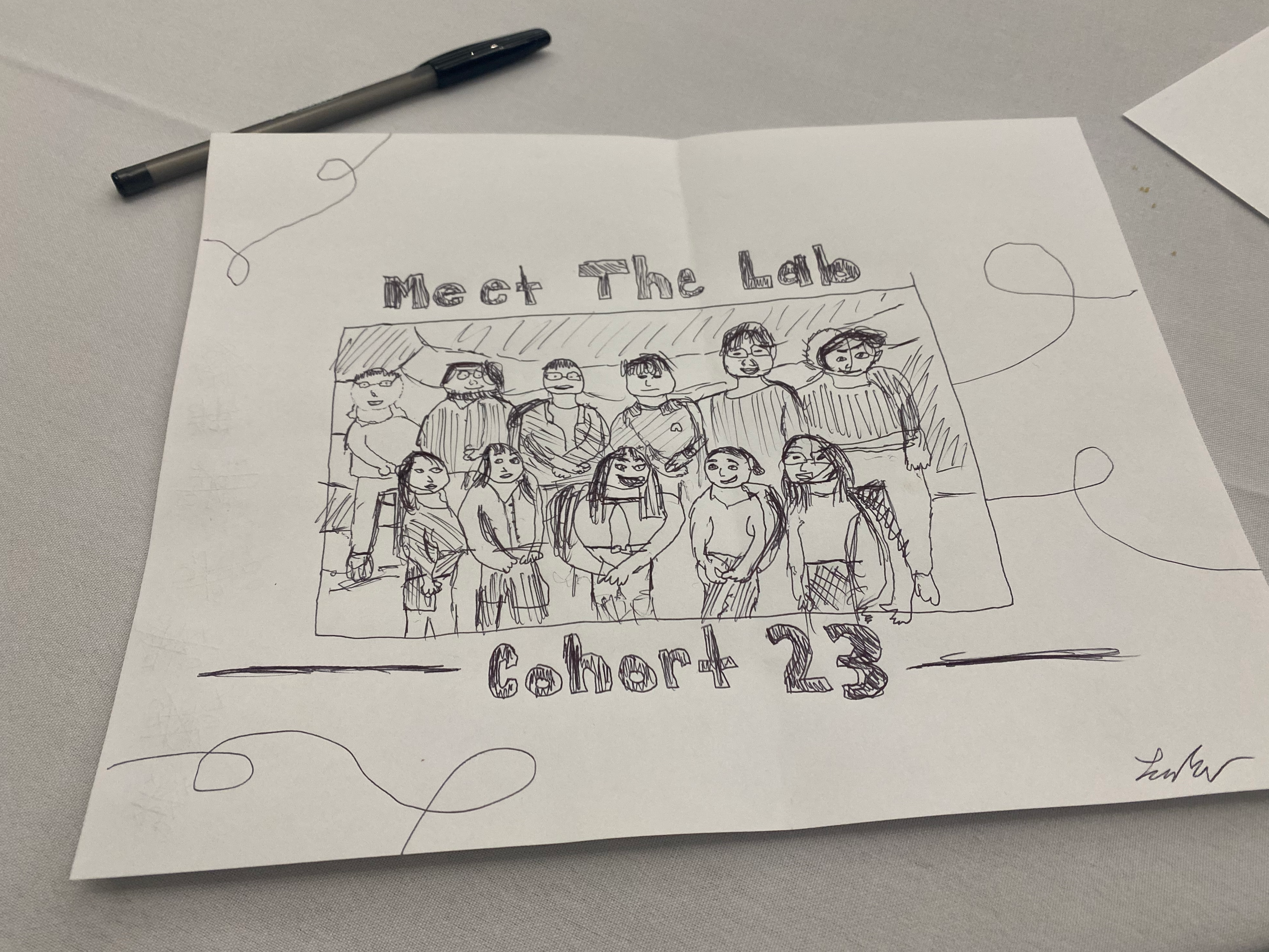
Winter 2025 recap
Today, I concluded my winter internship at the WSIB Innovation Lab as a full-stack developer, and wanted to take the time to recap everything about my experience. First, let me provide some background about WSIB.
What does the WSIB do?
The WSIB provides insurance and support for workers who experience workplace injuries or illnesses. Funded entirely by employer premiums, the WSIB covers over 5 million workers across 300,000 workplaces in Ontario, supporting workers' recovery and return to work.
What is the Innovation Lab?
The Innovation Lab operates within WSIB to research and develop new solutions for the future of workers compensation in Ontario. The team focuses on testing emerging technologies and building proof of concepts. The lab is uniquely made up of a group of mainly interns, spanning from developers, designers, and communication specialists.
What is an accommodation?
When a worker suffers a work-related injury, a return-to-work (RTW) specialist is responsible for developing plans and strategies to help them return to work safely and effectively. This involves recommending suitable accommodations to help remove any potential barriers to working, including work station re-adadjustments or technical aids (ex. sit-stand stool, hands-free head-set).
Accommodations engine
This term, I got the opportunity to collaborate with cross-functional teams to develop and ship the "Accommodations Engine" project - marking the Innovation Lab's first-ever launched product.
Problem
Traditionally, RTW specialists are forced to sift through a large, disorganized Sharepoint consisting of hundreds of unstructured documents. These documents contain different accommodations and associated vendors, making the accommodation search process super tedious and inefficient, ultimately slowing down the return-to-work process for injured workers.
Solution
To address this problem, we built a full-stack CRUD dashboard that allows users to upload accommodation sources, such as documents and website links, which are processed through an AI-powered ETL pipeline to structure the unstructured data. By organizing the data into a structured schema, accommodations are now searchable, filterable, and sortable, enabling return-to-work specialists to efficiently identify accommodations on a centralized platform.
During the term, I got the chance to build various features on both the frontend (React, Tailwind CSS) and backend (Python, Flask, SQL, Redis) for the tool, as well as hone my code refactoring skills.
Here are some of the core functions of the product:
Feature #1: Upload a document to extract the accommodation data:
Feature #2: Verify and update an accommodation
Feature #3: Filter the accommodation dashboard view with tags
Cohort 23
One thing that I think makes working at the WSIB Innovation Lab super unique is the fact that you work alongside 10+ interns.
It builds a nice sense of culture since it's super easy to get along with everyone. The team also hosts monthly in-person days at their Waterloo and Toronto offices, which were typically dedicated social days for the team to grab lunch together or plan a social outing.
For example, some of the socials this term included bowling and a Toronto Blue Jays game (shoutout to the comms team!).


During the term, the lab was also invited to a WSIB x Microsoft AI workshop at the Microsoft office in Toronto. The Microsoft office itself was super nice - and included a personal coffee barista and this super cool Github display.
Closing remarks
Working on the accommodations engine project was a super fun and rewarding experience, and I hope to continue building and shipping cool stuff.
Moving forward, I'll be searching for my next internship opportunity, where I hope to continue learning and developing as a builder!
